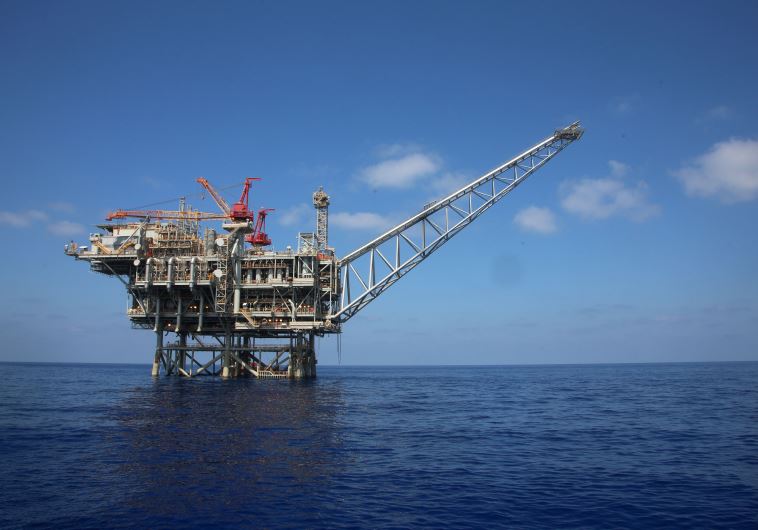A (free) tip for Noble Energy: Give up on the stability clause!
The “offshore gas deal” is a nickname for an Israeli government decision dated August 16, 2015, regulating the production of natural gas in Israel.
 (photo credit: MARC ISRAEL SELLEM/THE JERUSALEM POST)Updated:
(photo credit: MARC ISRAEL SELLEM/THE JERUSALEM POST)Updated: